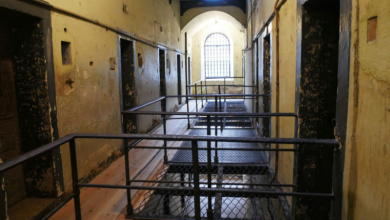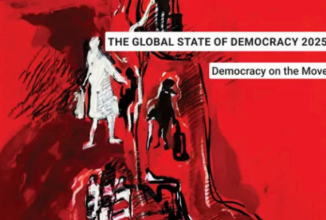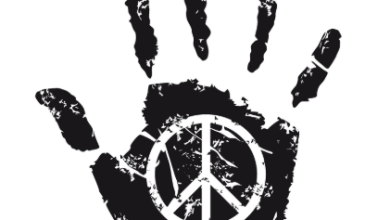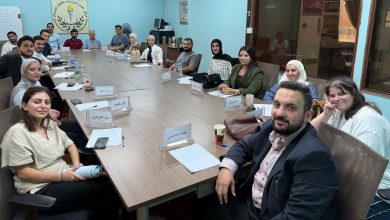
The ACHRS is excited to share the positive news of the Presidential pardon granted on the 19th of July to Egyptian human rights researcher Patrick George Zaki and Egyptian human rights lawyer Mohamed Al-Baqer.
Zaki had served 22 months in pre-trial detention before being sentenced to three years in prison on Tuesday the 18th of July. His conviction cited him for spreading false news, inciting protests without a permit, and intending to overthrow the government. The sentence was supported through an article he wrote in 2019 for the independent digital media outlet Daraj on his experience as a Coptic Christian religious minority, titled, “Displacement, Killing & Harassment: A Week in the Diaries of Egypt’s Copts.” On the 19th of July he was released from these accusations in a Presidential pardon along with human rights lawyer, Al-Baqer.
Mohamed Al Baqer was arrested in September in 2019 after representing client, blogger and activist Alaa Abdel Fattah – who had been arbitrarily arrested earlier this day, at the State Security Prosecution premises in Cairo. He was accused by the Criminal Case 135/2019. This piece of legislation has been exploited to criminalize dissenting voices in Egypt due to its broad nature. Last year, Fattah went on a hunger strike as the COP27 climate conference started in Sharm El-Sheikh. Despite the attention he got at the conference from different participants calling for President Sisi to release him and other prisoners, he was not released until today.
The targeting, arrest, prosecution and sentencing of human rights researcher, activists and those who defend them in courts, is indicative of a larger failure by the Egyptian state to protect minorities and their advocates in their country.
The prosecutions against Zaki and Al Baqer are among those that, for many Egyptians, have come to represent Egypt’s shrinking civic space, where the hopeful energy that led to the Arab Spring, suffocated in the military takeover two years later.
Over the past two years, Egypt has launched several initiatives to improve its human rights record. Critics say they are largely for show. The country has faced growing pressure over the past two years for its human rights situation. The United States announced, early last year, it would suspend some of its massive aid package to Egypt, if Egypt does not change its record.
Also, the case resonated in Italy, as Zaki was a student in Bologna. The two countries’ ties were already worsening after the 2016 killing and torture of Giulio Regeni, an Italian student in Cairo. Egypt has always denied its involvement in his death, but Italy has charged four Egyptian officials in connection to the case.





